As a digital marketing or advertising agency, you know the drill. Your team juggles data from Google Ads, Meta Ads, LinkedIn Campaigns, and Google Analytics, trying to create meaningful reports for your clients. While Tableau has been a go-to tool for business analytics, agencies are increasingly finding that it wasn't built for the unique demands of digital advertising reporting.
If you're spending hours wrestling with Tableau to create campaign reports, you're not alone. Let's dive into why this general-purpose analytics tool might be holding your agency back.
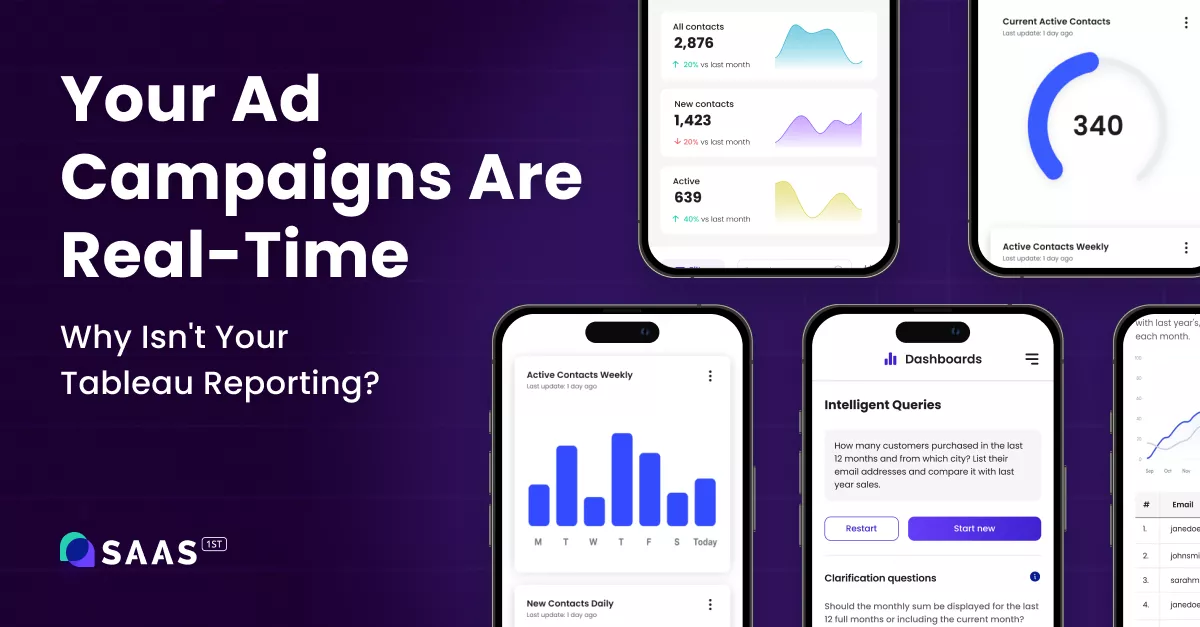
Every digital marketer knows that campaign data moves fast. While your clients expect real-time insights, Tableau keeps throwing obstacles in your way:
For agencies managing multiple campaigns across different platforms, these aren't just inconveniences – they're deal-breakers that affect client relationships and campaign performance.
Your team's time is valuable, but Tableau's interface seems determined to waste it:
When you're managing campaigns worth thousands in ad spend, you can't afford to waste time fighting with your reporting tool.

Digital advertising requires specific metrics and cross-platform analysis. Tableau's limitations become painfully obvious when:
These aren't edge cases – they're everyday requirements for digital advertising agencies.
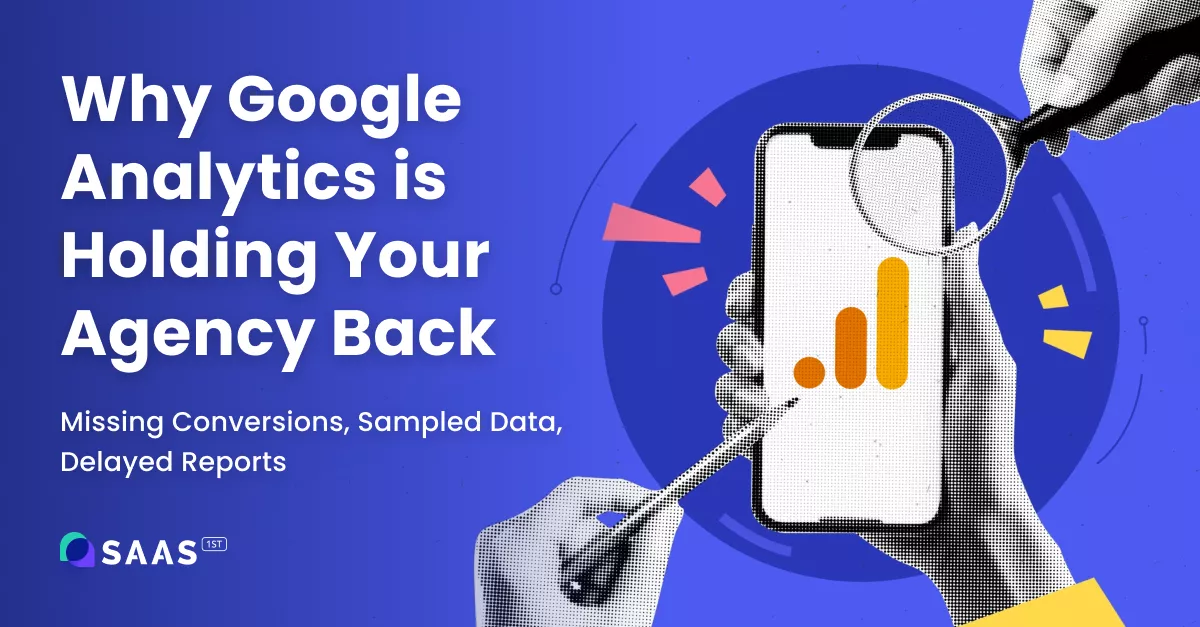
Google Analytics is probably the most famous data collection and reporting tool, but you already know its many flaws. Let us show you a better alternative!
Campaign reporting is collaborative, but Tableau makes version control a constant headache:
In an industry where accuracy and consistency are everything, these version control issues can damage your agency's credibility.

Your reports are a reflection of your agency's professionalism, but Tableau's formatting restrictions make it hard to maintain brand standards:
These limitations are frustrating, and they're costing your agency:
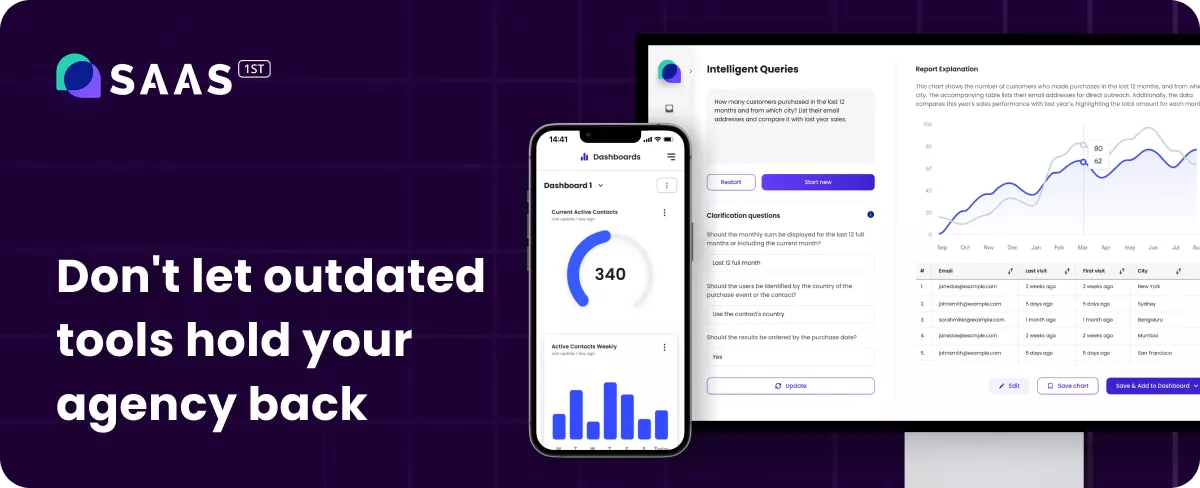
Imagine instead:
It's time to transition from:
Don't let outdated tools hold your agency back. Experience what modern advertising reporting should feel like:
Ready to transform your agency's reporting? Schedule a demo today and see the difference purpose-built advertising analytics can make.
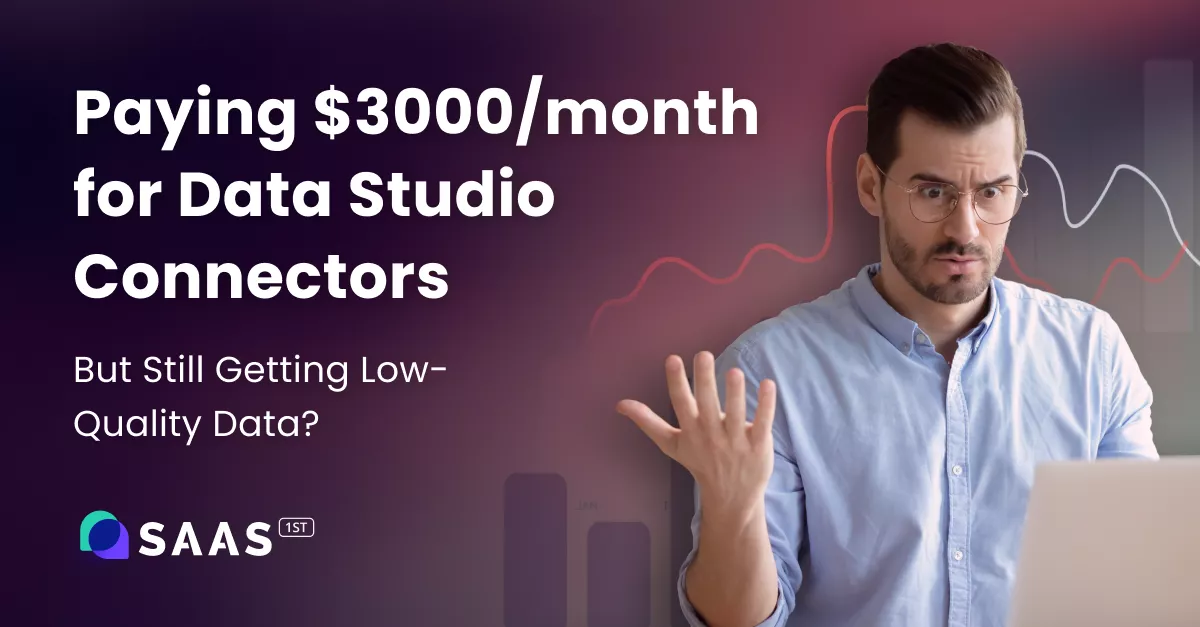
 Tamás Hám-Szabó
Tamás Hám-Szabó

 Tamás Hám-Szabó
Tamás Hám-Szabó
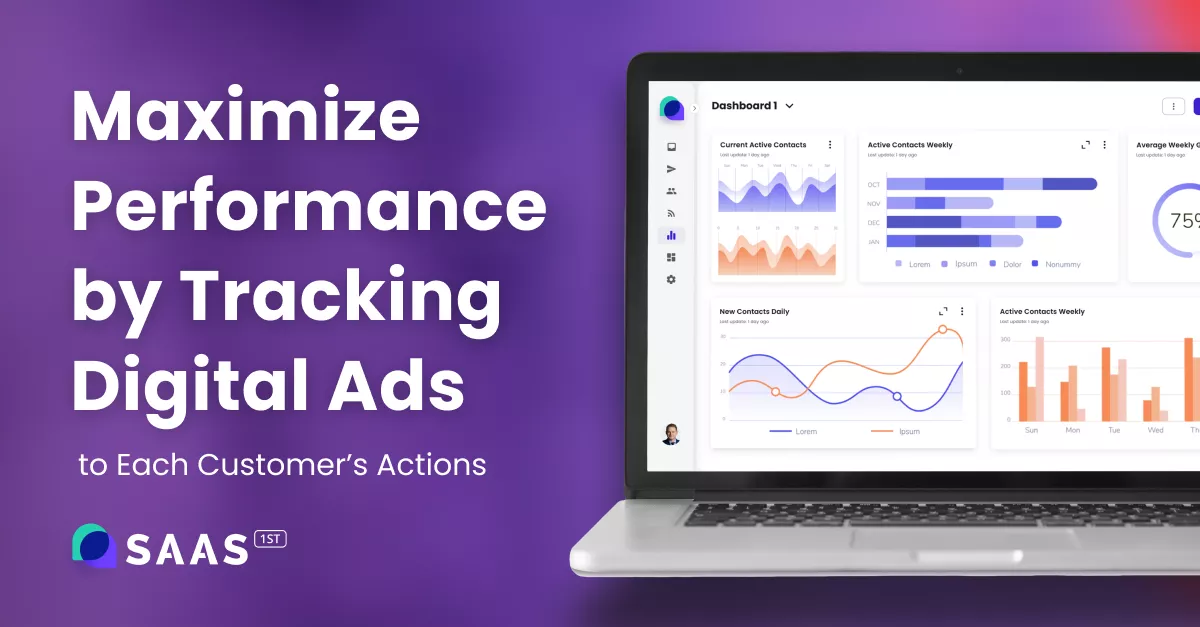
 Tamás Hám-Szabó
Tamás Hám-Szabó